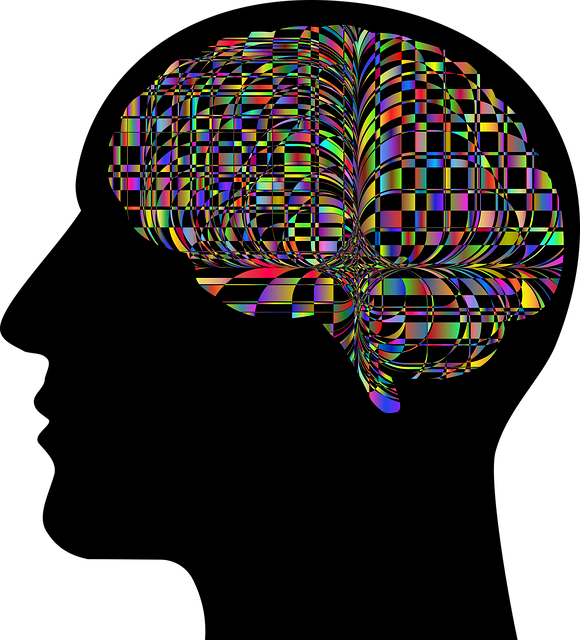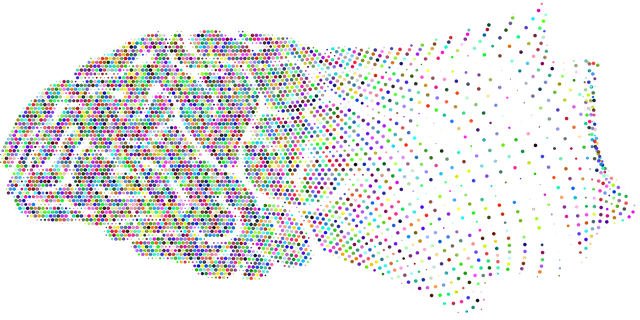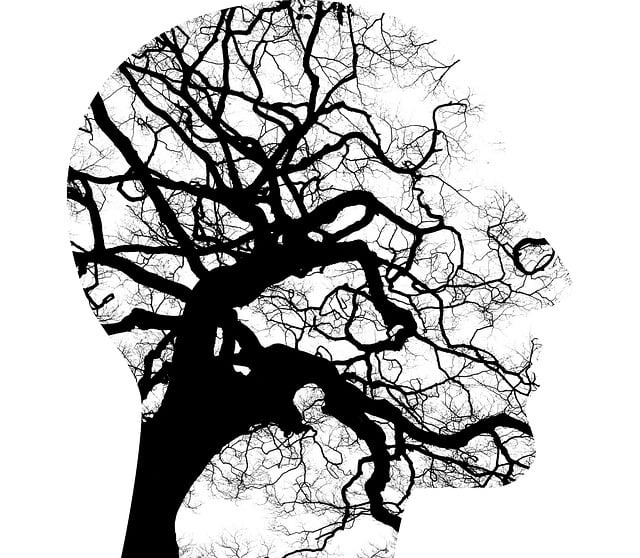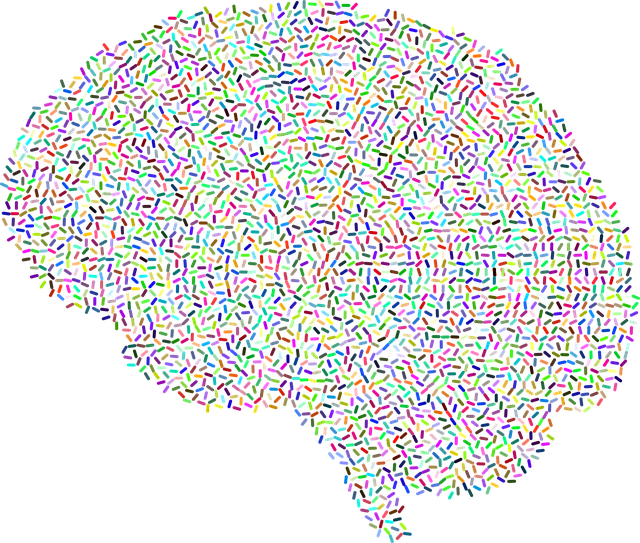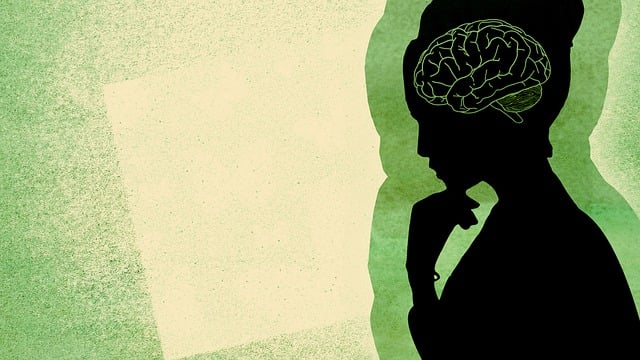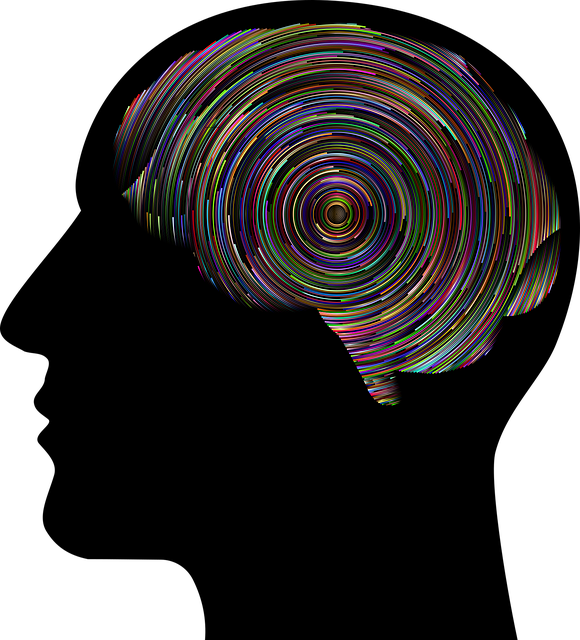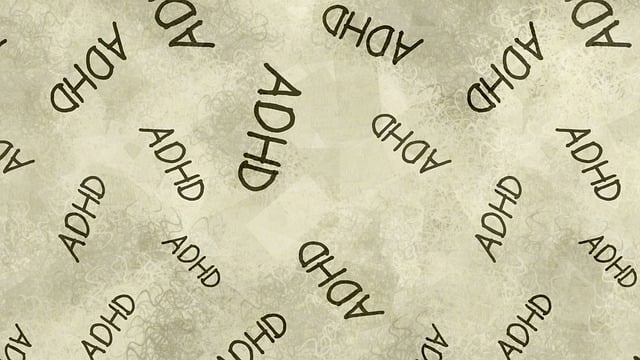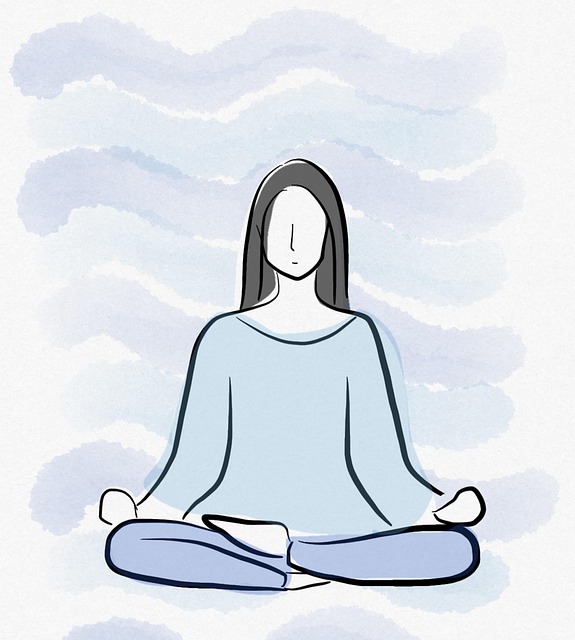Depression is a significant concern among veterans transitioning from military to civilian life, often stemming from PTSD related to traumatic experiences. Specialized therapy programs focusing on emotional intelligence, crisis intervention, and communication are effective in treating depression and PTSD. Evidence-based approaches like CBT, coupled with group therapy sessions, offer immediate relief and lifelong coping strategies. Proactive measures such as regular exercise, mindfulness, conflict resolution techniques, and building support networks empower veterans to manage their mental health. Therapy for Veterans plays a pivotal role in preventing and mitigating depression through tailored interventions and community outreach initiatives.
Depression is a serious mental health challenge affecting countless individuals, including veterans. This comprehensive guide explores effective depression prevention strategies tailored specifically for veterans. From understanding the signs and symptoms of depression among veterans to delving into evidence-based therapy for veterans, lifestyle adjustments, building robust support networks, and investigating medication and alternative therapies—each section empowers with knowledge to combat this condition proactively.
- Understanding Depression: Recognizing the Signs in Veterans
- The Role of Therapy: Effective Treatments for Veteran Patients
- Lifestyle Changes: A Proactive Approach to Mental Well-being
- Building Support Networks: Connecting Veterans with Community Resources
- Medication and Alternative Therapies: Exploring Options for Depression Management
Understanding Depression: Recognizing the Signs in Veterans

Depression is a common yet serious mental health condition that can significantly impact individuals’ daily lives. For veterans, who often face unique challenges upon returning to civilian life, recognizing and understanding depression is crucial for early intervention and effective treatment. The transition from military service to civilian life can bring about significant changes and stressors, making it easier for veterans to slip into depressive episodes if left unaddressed.
Recognizing the signs of depression in veterans is essential. This may include persistent feelings of sadness, loss of interest or pleasure in activities once enjoyed, changes in appetite and sleep patterns, fatigue, difficulty concentrating, and recurrent thoughts of death or suicide. These symptoms can be exacerbated by trauma experienced during service, leading to conditions like post-traumatic stress disorder (PTSD). Therapy for veterans, particularly those with PTSD, often involves specialized approaches that tap into emotional intelligence, crisis intervention guidance, and effective communication strategies to help them process their experiences and develop coping mechanisms.
The Role of Therapy: Effective Treatments for Veteran Patients

Veteran patients often face unique challenges when it comes to mental health, and therapy plays a pivotal role in their journey towards depression prevention and recovery. Accessing appropriate Therapy for Veterans is essential in addressing the complex psychological needs of this demographic. Many veterans struggle with emotional healing processes after facing traumatic events during their service, and evidence-based therapeutic approaches have proven effective in managing symptoms of depression and post-traumatic stress disorder (PTSD).
Cognitive Behavioral Therapy (CBT), a well-researched method, has shown significant benefits for veteran patients. CBT equips individuals with tools to identify and change negative thought patterns and behaviors, fostering improved mental wellness. Additionally, group therapy sessions tailored to veterans can create a supportive environment, encouraging peer connections and sharing of experiences—a crucial aspect of Mental Health Policy Analysis and Advocacy initiatives. These therapeutic interventions not only provide immediate relief but also empower veterans with lifelong coping strategies for maintaining good mental health.
Lifestyle Changes: A Proactive Approach to Mental Well-being

Depression prevention isn’t just about waiting for symptoms to arise; it’s a proactive journey toward mental well-being. A crucial aspect of this is adopting healthier lifestyle changes, which can be life-transforming, especially for veterans who may face unique challenges post-service. Therapy for Veterans often emphasizes the importance of routine and self-care, serving as a cornerstone for maintaining mental health. Developing a structured self-care routine can involve activities like regular exercise, mindfulness practices, and maintaining a balanced diet—all proven to boost mood and reduce symptoms of depression.
Integrating conflict resolution techniques into one’s daily life is another powerful tool. Veterans may have experienced trauma or faced difficult situations, making effective conflict management essential for emotional resilience. Learning to navigate conflicts constructively, with the help of crisis intervention guidance if needed, can prevent small issues from escalating and contribute to a sense of control over one’s life. These proactive measures not only foster better mental health but also empower individuals to face challenges head-on.
Building Support Networks: Connecting Veterans with Community Resources

Building strong support networks is a vital strategy in depression prevention, especially for veterans who may face unique challenges upon returning to civilian life. Connecting with community resources can provide much-needed assistance and foster a sense of belonging. Many organizations offer specialized therapy programs tailored for veterans, addressing specific issues like post-traumatic stress disorder (PTSD) and depression. These therapies, often facilitated by fellow veterans or mental health professionals experienced in military-related trauma, create safe spaces to process emotions and share experiences.
By engaging in these initiatives, veterans can enhance their self-care routine development, a key aspect of maintaining better mental health. Self-awareness exercises and mental health education programs designed for this demographic can empower them to recognize early warning signs of depression and seek help promptly. This proactive approach, combined with access to community resources, ensures that veterans have the tools and connections necessary to navigate their mental health journey effectively.
Medication and Alternative Therapies: Exploring Options for Depression Management

Depression management offers a spectrum of options, including medication and alternative therapies. For veterans dealing with combat-related trauma, specialized therapy for veterans can be incredibly effective. This may include exposure therapy, cognitive-behavioral therapy (CBT), and eye movement desensitization and reprocessing (EMDR), all designed to help process traumatic memories and manage symptoms of post-traumatic stress disorder (PTSD) that often accompany depression.
Beyond traditional medications, alternative therapies like mindfulness meditation, yoga, and acupuncture have shown promise in mitigating depression symptoms. These practices promote emotional regulation, reduce stress, and can be easily integrated into daily routines. Additionally, community outreach program implementations focused on mental health support networks offer valuable resources for individuals facing depression, fostering a sense of belonging and providing crucial anxiety relief.
Depression prevention and management among veterans is a multifaceted approach that combines understanding, support, and various therapeutic options. By recognizing the signs early, encouraging therapy, promoting proactive lifestyle changes, fostering strong support networks, and exploring medication alongside alternative therapies, we can significantly improve mental well-being for veteran patients. In focusing on these strategies, we aim to provide effective care tailored to veterans’ unique needs, ultimately enhancing their quality of life. For veterans seeking help, remember that therapy for veterans is accessible, beneficial, and a crucial step towards overcoming depression.

